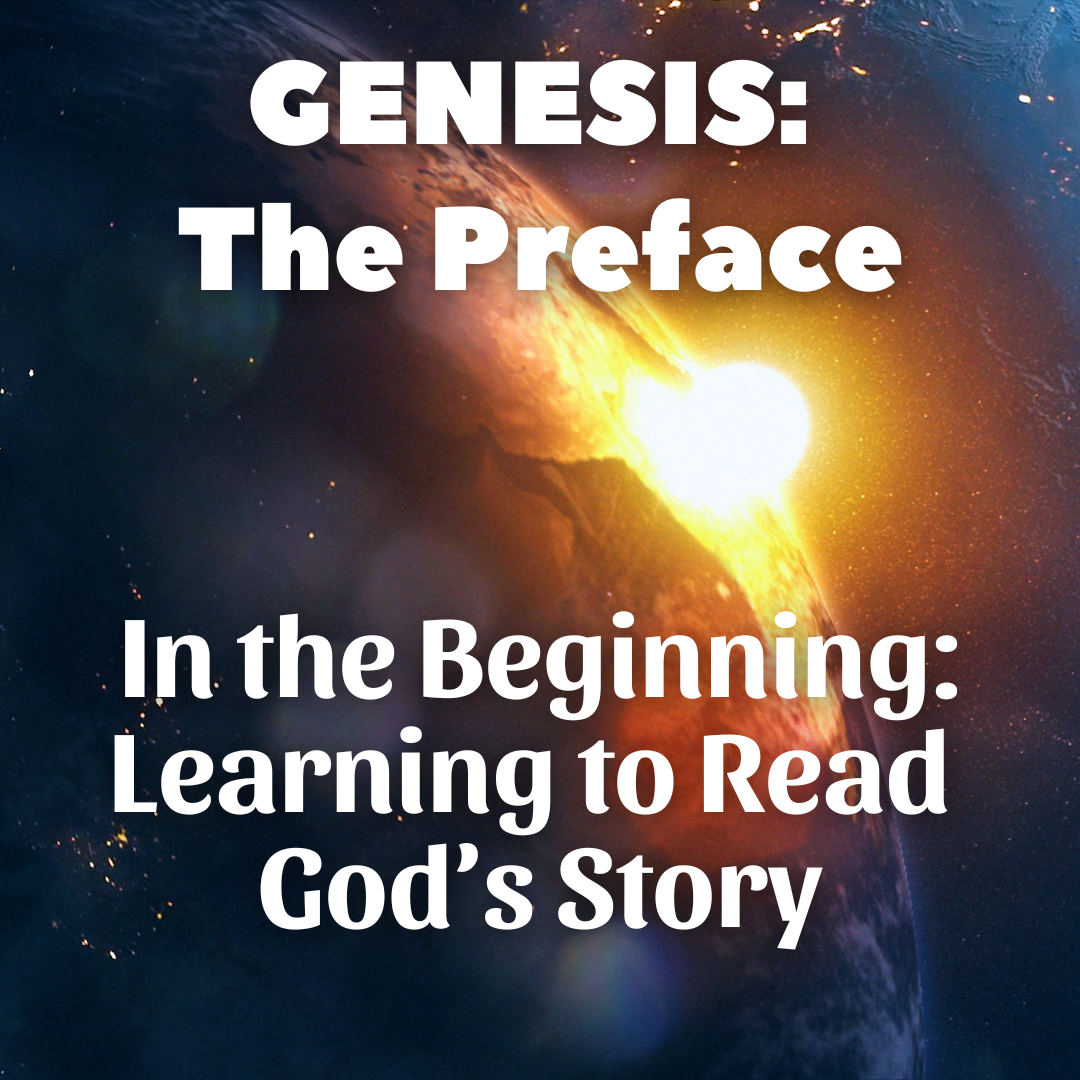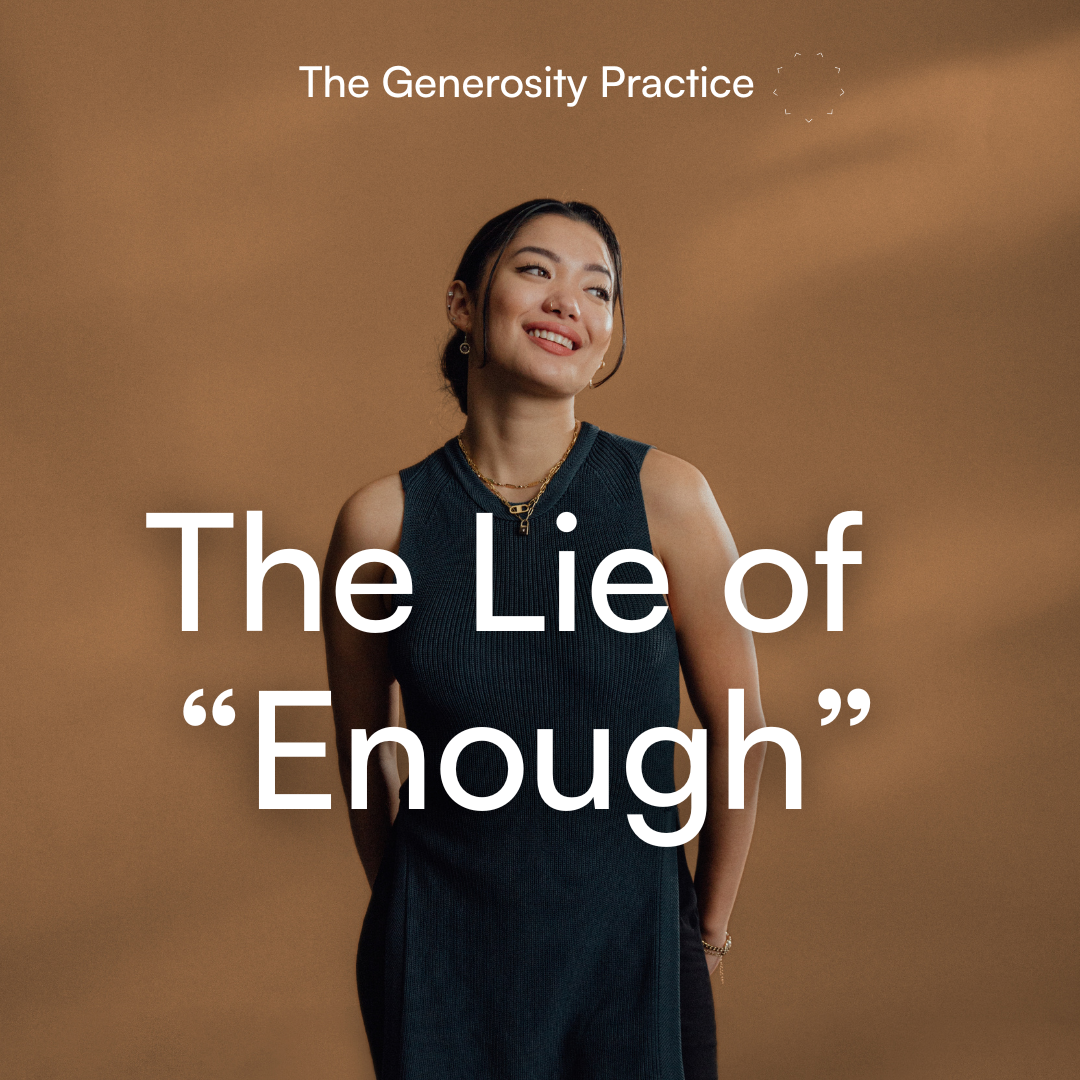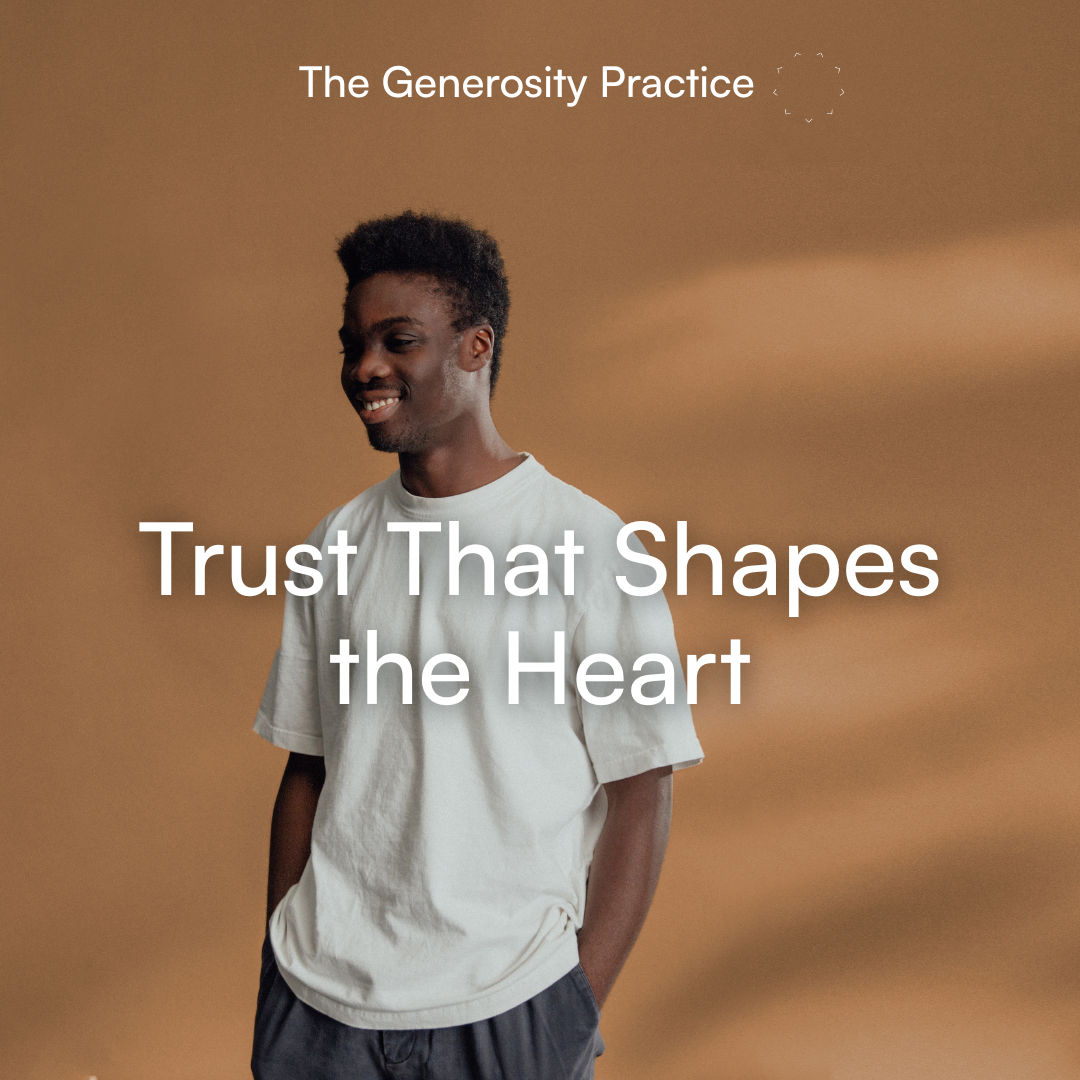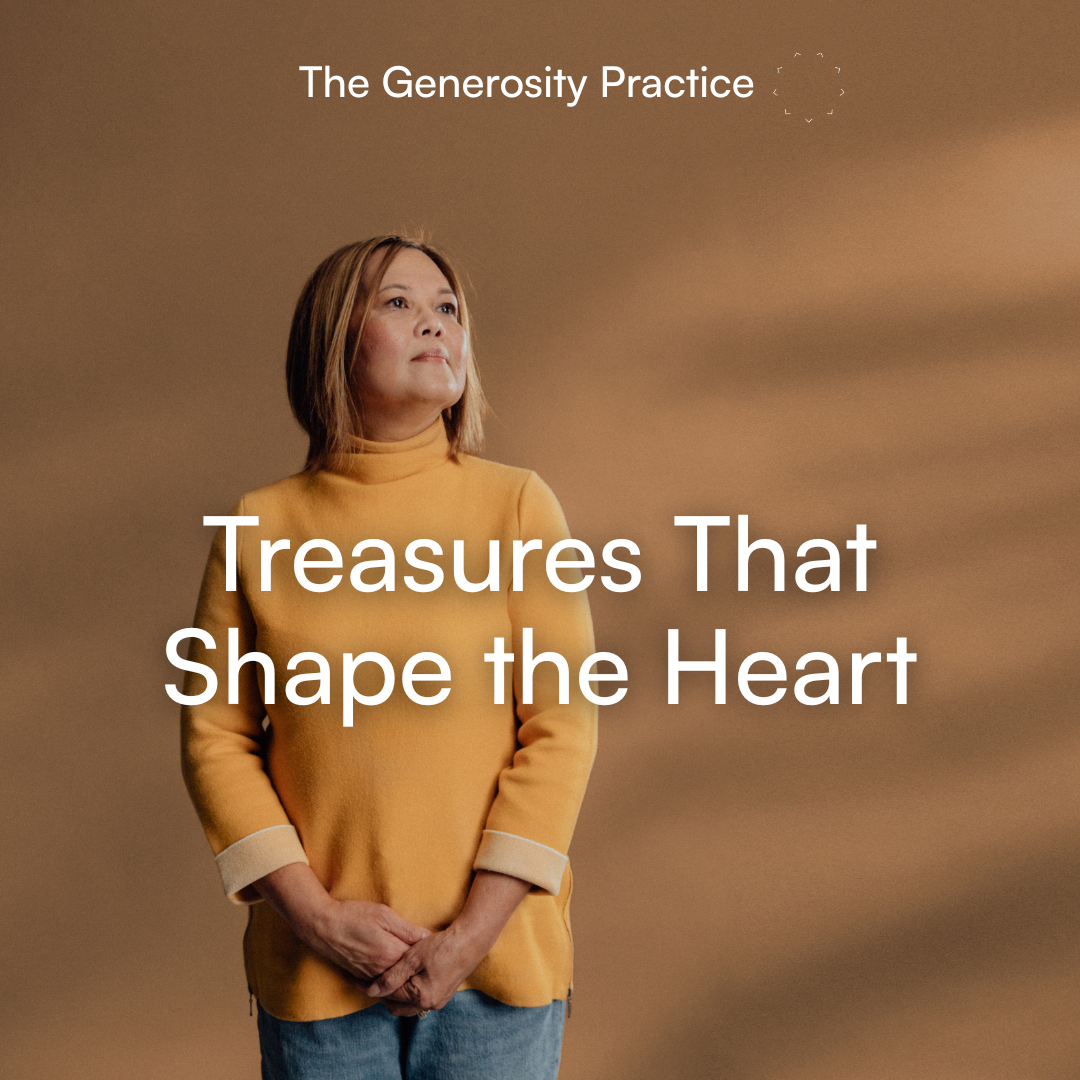The Wild Invitation of Genesis 1: Rest, Trust, and God’s Very Good Story
Picture this: the opening lines of Genesis chapter 1 unfold like a poem, pulsing with a rhythm that feels alive. Each day of creation—light, sky, land, stars, creatures—ends with a curious refrain: “And there was evening, and there was morning”. It’s a heartbeat set in motion by the Creator, steady and deliberate, marking God’s creative work. But when we hit Day 7, the rhythm breaks. No “evening and morning”. Just… rest. And then there’s silence. That silence has been a beacon, echoing through the ages since the beginning of time.
Genesis 1 isn’t just a creation story— it’s a manifesto about who we are and how we’re meant to live. Each day, God shapes something good: light splits from darkness, waters part to form sky and seas, plants burst from the earth. He calls it all “good”, but when He makes humanity on Day 6, He steps back and says, This is tov meod— “very good”. The Bible does not say God’s creation was perfect. Genesis 1:31 says, "God saw all that he had made, and it was very good”, suggesting creation was excellent and aligned with God's intent, but not necessarily "perfect" in an absolute sense. Perfection is a Greek idea, static, lacking blemish, and boring. God’s creation is dynamic, alive with potential, ready to grow and go somewhere.
Humanity isn’t a finished product; we’re a “very good” masterpiece (Ephesians 2:10), invited to join God’s ongoing story.
Now, notice that “evening and morning” order in Genesis 1. It’s backwards, right? We start our days with coffee and chaos, but in Genesis, the day kicks off at sunset, with rest. Darkness comes before light, rest before work. It’s as if God’s whispering, “Your worth doesn’t start with what you do. It starts with who you are”. This isn’t just poetic flair—it’s a theological gut check. For the Israelites, freshly freed from Egypt’s pyramid scheme of a brick-making grind, this was revolutionary. In Egypt, their value was tied to production: churn out bricks, or you’re nothing. Stop, and you’re expendable. But at Mount Sinai, God’s first lesson isn’t about building a nation or fighting battles. It’s about rest. He’s said, “You’re not human doings. You’re human beings, part of my very good creation”.
The structure of Genesis 1 backs this up with a literary device called a chiasm— a mirror-like pattern where the first half reflects the second. Days 1-3 (separating light, sky, land) correspond to Days 4–6 (filling with stars, birds, beasts up in the sky and on the land). At the center of the chiasm, on Day 4, we find moadim—Hebrew for “sacred times” or “seasons”, a word closely tied to Sabbath long before it’s formally introduced in Exodus 20. This isn’t just about marking time; it’s about holy moments of rest, celebration, and authentic trust.
Trust is the heart of the story, pointing us to a life anchored in God’s rhythm, not Pharaoh’s.
When Day 7 comes we see it’s missing the “evening and morning” refrain, which is everything. It’s like God leaves the door wide open, saying, “My rest doesn’t end. Step into it”. Sabbath isn’t just a day off; it’s a state of being, a weekly rebellion against the lie that our worth comes from what we produce. For the Israelites, it was freedom from Egypt’s scarcity-driven empire. For us, it’s saying no to hustle culture, social media metrics, or whatever else screams, “You’re only as good as your output”. God rests because the work is done. Shalom. Everything is in its place. Nothing is missing. He invites us to trust that story and to live from abundance, not scarcity.
The world tries to steal our allegiance for its empire, but we are called to be people of the Kingdom.
The Biblical themes of rest, trust, and identity weave through the entirety of Scripture, from Exodus to Revelation. In Exodus 20, Sabbath formally becomes a command, a weekly anchor to delight in God. By Revelation, we see a vision of eternal rest, where God’s good creation is fully restored. But this all starts in Genesis 1 with a God who calls us “very good” and invites us to rest in that truth.
Here’s our million dollar question: How do we live this out in a world that measures us by our to-do lists and achievements? What would it look like to start our days—our lives—with rest, not in a lazy way by any means because lazy is not good, but trusting we’re enough because God says so and anchor to him by practicing Sabbath every week? Genesis 1 is just the beginning, and there’s a whole narrative waiting, from Sinai to the new creation, and it’s calling us to trust the One who made us very good.
—
If you resonate with any of this and like it, please share this with someone who you think will benefit from reading it too.
If you found value in this, here are some additional articles for you.





